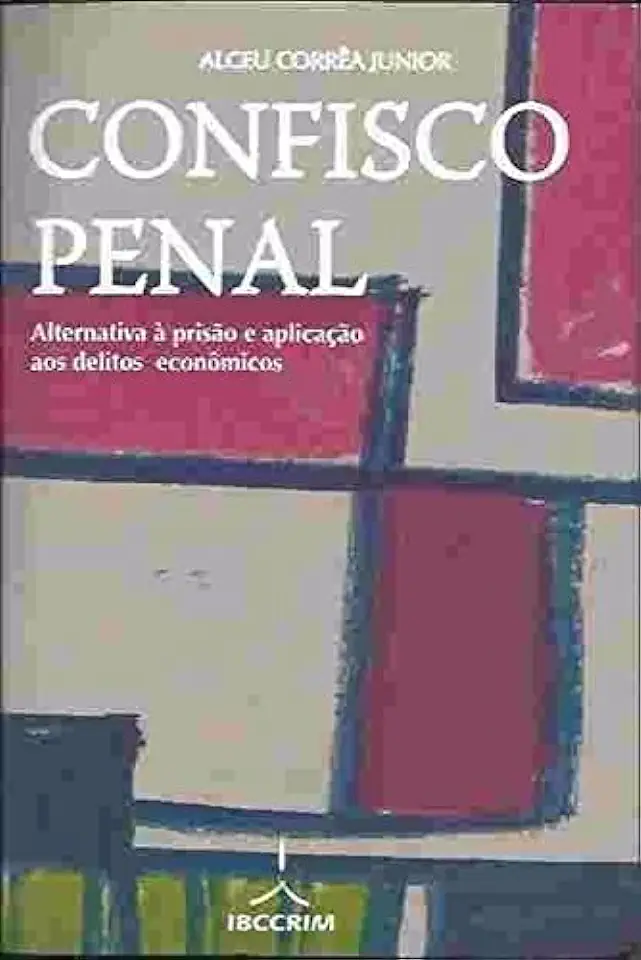
Criminal Confiscation - Alceu Corrêa Junior
Criminal Confiscation: A Comprehensive Guide to the Seizure of Assets Derived from Crime
Introduction
In today's world, the fight against crime is more important than ever. Criminal activity not only causes harm to individuals and communities, but it also undermines the rule of law and the integrity of our financial systems. One of the most effective ways to combat crime is through the seizure and confiscation of assets derived from criminal activity.
What is Criminal Confiscation?
Criminal confiscation is the process by which the government seizes and forfeits property that has been used in the commission of a crime or that is the proceeds of criminal activity. This can include a wide range of assets, such as cash, real estate, vehicles, and jewelry.
Why is Criminal Confiscation Important?
Criminal confiscation is important for a number of reasons. First, it deprives criminals of the financial resources they need to continue their criminal activities. Second, it sends a strong message that crime does not pay. Third, it can help to compensate victims of crime for their losses.
How Does Criminal Confiscation Work?
The process of criminal confiscation can vary depending on the jurisdiction. However, there are some general steps that are typically involved.
- Investigation: Law enforcement agencies investigate suspected criminal activity and identify assets that may be subject to confiscation.
- Seizure: The government seizes the assets that are believed to be derived from criminal activity.
- Forfeiture: The government files a civil action in court to forfeit the seized assets.
- Trial: The court holds a trial to determine whether the assets should be forfeited.
- Appeal: The losing party may appeal the court's decision.
Challenges to Criminal Confiscation
There are a number of challenges associated with criminal confiscation. One challenge is the difficulty of proving that assets are derived from criminal activity. Another challenge is the fact that criminal confiscation can sometimes lead to the forfeiture of property that was not actually used in the commission of a crime.
Conclusion
Despite the challenges, criminal confiscation is an important tool in the fight against crime. It can help to deprive criminals of their financial resources, send a strong message that crime does not pay, and compensate victims of crime for their losses.
About the Author
Alceu Corrêa Junior is a leading expert on criminal confiscation. He has written extensively on the subject and has lectured at conferences around the world. He is currently a professor of law at the University of São Paulo.
Order Your Copy Today!
Criminal Confiscation is a comprehensive guide to the seizure of assets derived from crime. It is an essential resource for law enforcement officers, prosecutors, judges, and anyone else who is interested in the fight against crime. Order your copy today!
Enjoyed the summary? Discover all the details and take your reading to the next level — [click here to view the book on Amazon!]